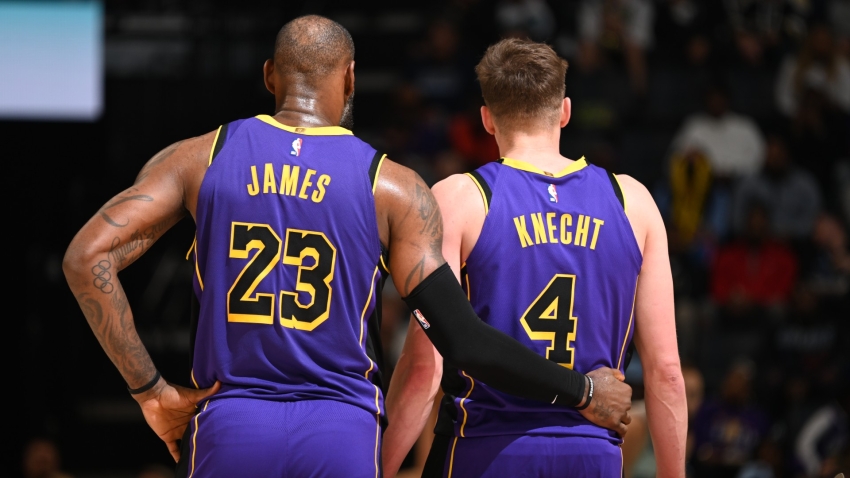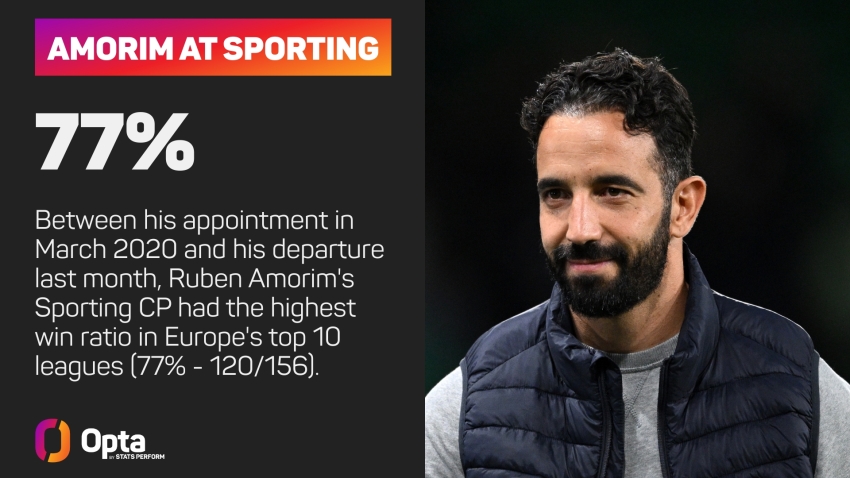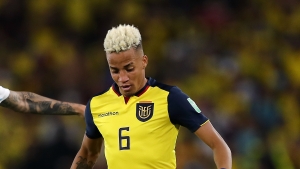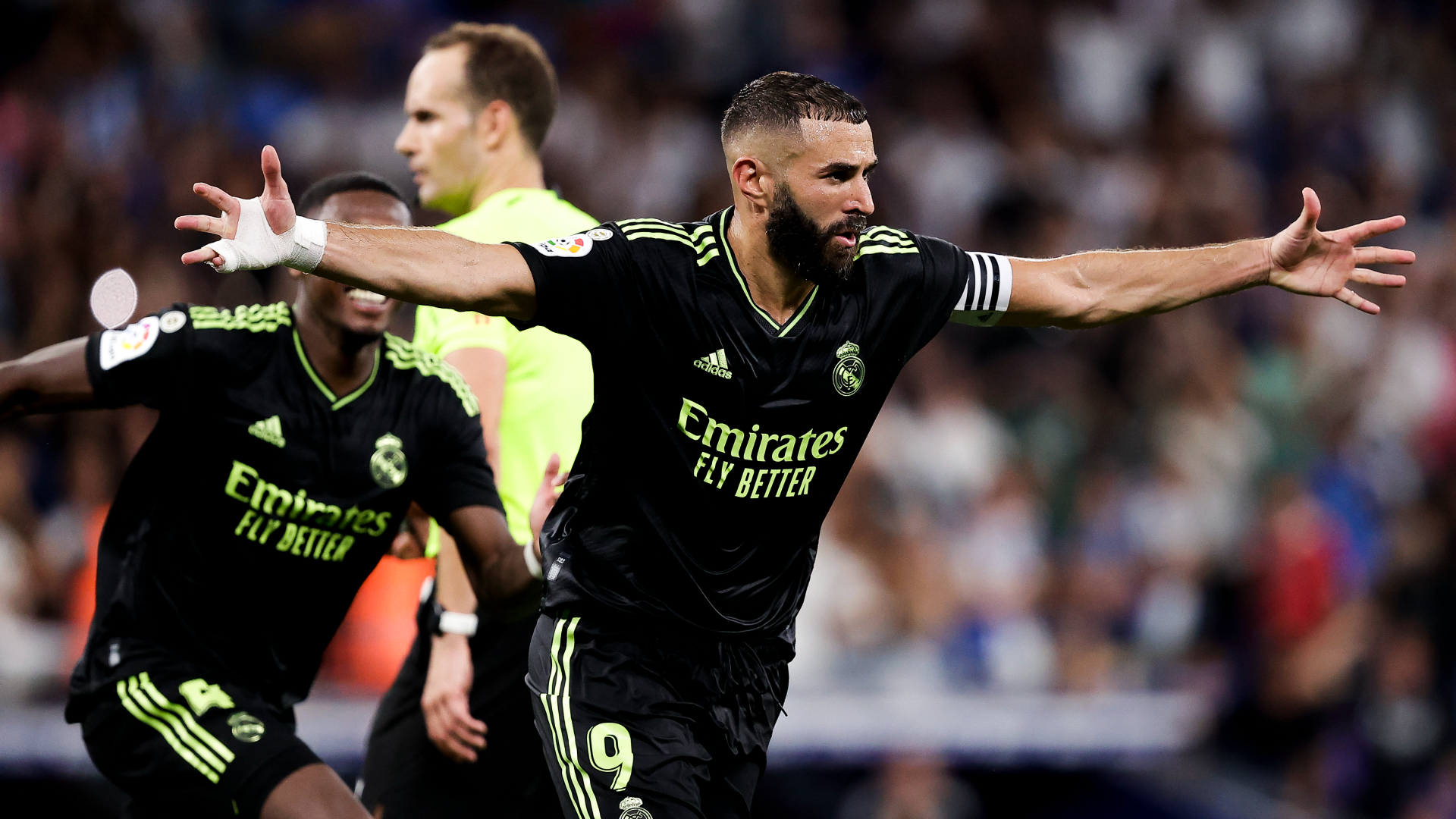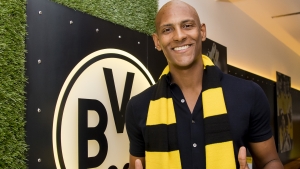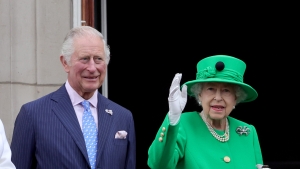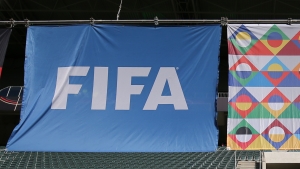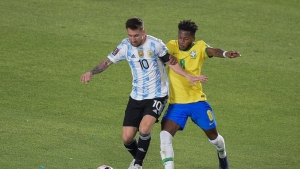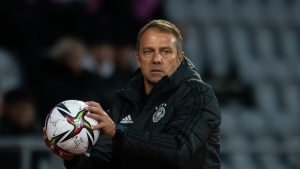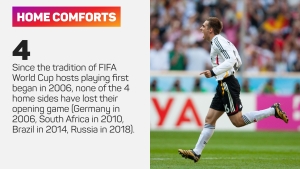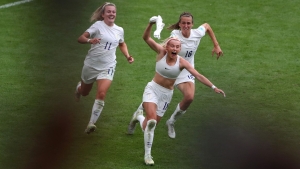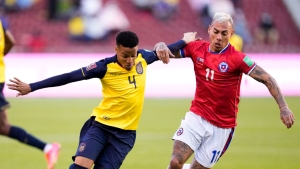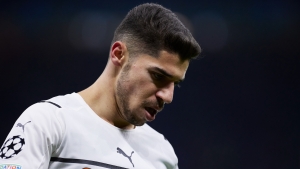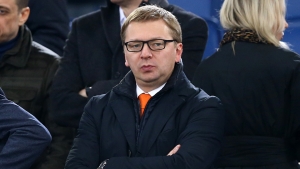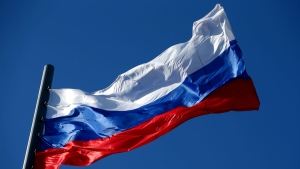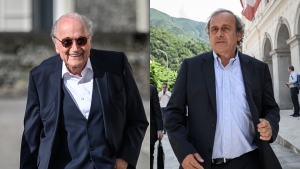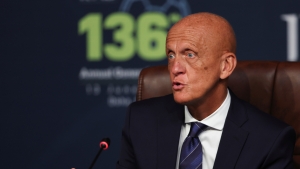Sebastien Haller has been surprised by the "compassion" of others since being diagnosed with testicular cancer, as FIFA president Gianni Infantino backed the Borussia Dortmund striker to bounce back.
The Ivory Coast international moved to Bundesliga heavyweights Dortmund of the new campaign, after a superb 2021-22 season with Ajax saw him finish as the Eredivisie's top scorer.
His plans for making an early impact on the field in Germany were scuppered when a tumour was found, with the 28-year-old former West Ham player needing to undergo chemotherapy.
Haller has been understandably reluctant to put a time frame on his return to action, but he feels positive about the progress he is making, saying: "I'm very well. The treatment is going well, and luckily I'm able to train every day."
Speaking about the support he has had, Haller told FIFA.com: "It was a shock, but it's been positive. I never expected to get such a response or have so much compassion shown to me, and not just from the football world. These are things that bring us all together, and it's given me a huge amount of strength in facing up to this challenge.
"It doesn't matter whether they're Ivorian, Dutch, French, German, English or whatever; everyone who's given me their support from near or far is a source of energy for my family, friends and I.
"All I can say to them is that I'll be doing everything I can to come back as quickly as possible and to play a decisive role for my club and my country."
Haller made a welcome appearance in the crowd to see Dortmund get their Champions League campaign off to a winning start on Tuesday, with a 3-0 home victory over FC Copenhagen.
Dortmund also sit second in the Bundesliga table after five games, level on points with Freiburg who hold top spot on goal difference.
The signs are promising that Haller will rejoin a strong squad, once he is ready to play again.
FIFA chief Infantino wrote to him: "On behalf of both myself and the international football community, I would like to extend my sincere wishes to you for a full and speedy recovery, and hope to see you back to full health very soon."





